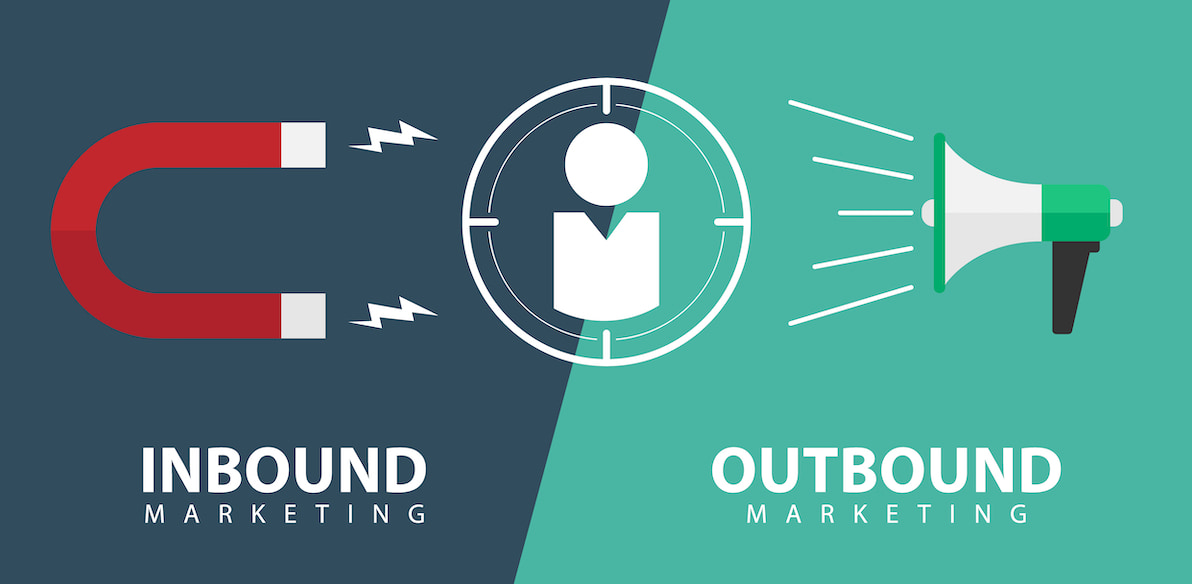The Bernard Rodriguez Journal
Exploring the latest trends and stories in news and lifestyle.
Inbound Marketing Magic: Turning Strangers into Customers
Unlock the secrets of inbound marketing and transform strangers into loyal customers with proven strategies that drive results!
What is Inbound Marketing and How Can It Transform Your Business?
Inbound marketing is a customer-centric approach that focuses on attracting, engaging, and delighting customers by providing valuable content and experiences tailored to their needs. Unlike traditional outbound marketing, which interrupts potential customers with unsolicited advertisements, inbound marketing draws them in through relevant and informative materials. Techniques such as SEO optimization, content marketing, and social media engagement work together to create a seamless journey for prospects, leading them naturally toward a purchase decision. This strategy not only helps in building brand awareness but also fosters trust and loyalty among customers.
Implementing inbound marketing can significantly transform your business by improving lead generation and customer retention. By consistently delivering high-quality content, businesses can establish themselves as thought leaders in their industry. As noted by Forbes, companies that prioritize inbound strategies experience higher conversion rates, increased web traffic, and a more engaged audience. Furthermore, this approach creates a more holistic view of the customer journey, allowing businesses to refine their marketing efforts and better meet the evolving needs of their customers.

5 Proven Strategies for Turning Strangers into Loyal Customers
Turning strangers into loyal customers is a crucial goal for any business. One of the proven strategies to achieve this is by leveraging the power of content marketing. By creating valuable, informative content that addresses your target audience's pain points, you can establish trust and authority within your niche. For example, share insights through blog posts, videos, and tutorials that help potential customers understand how your product or service can solve their problems. This approach not only positions you as an industry expert but also encourages visitors to engage with your brand. According to Content Marketing Institute, businesses that prioritize blogging are 13 times more likely to see a positive ROI.
Another effective strategy is to implement personalized marketing efforts. Utilize customer data to build targeted campaigns that resonate with individual preferences and behaviors. Simple tactics, such as sending personalized emails or offering tailored discounts based on past purchases, can make a significant difference in customer retention. A strong call-to-action (CTA) that encourages interaction, such as signing up for webinars or newsletters, can further nurture leads. According to Single Grain, segmented email marketing campaigns see a 760% increase in revenue. By combining personalized experiences with a robust follow-up strategy, businesses can effectively convert casual visitors into devoted customers.
The Magic of Content Creation: Engaging Your Audience at Every Stage
Content creation is an art that transcends mere writing; it involves strategically engaging your audience at every stage of their journey. From the initial awareness to the final decision-making stage, great content must adapt and resonate with your readers. To effectively capture your audience's attention, it's crucial to employ various formats such as blog posts, videos, and infographics, which cater to different learning preferences and establish a deeper connection with your audience.
However, the magic of content creation lies not just in the mediums used but also in the narrative woven throughout each stage. Engaging content is typically structured to meet the specific needs of your audience. For instance, during the awareness stage, providing informative blog posts can help position you as a thought leader. In contrast, during the decision stage, comparison charts or how-to guides can facilitate the final push towards conversion. By understanding and addressing these needs, you create a seamless and engaging experience that captivates your audience.